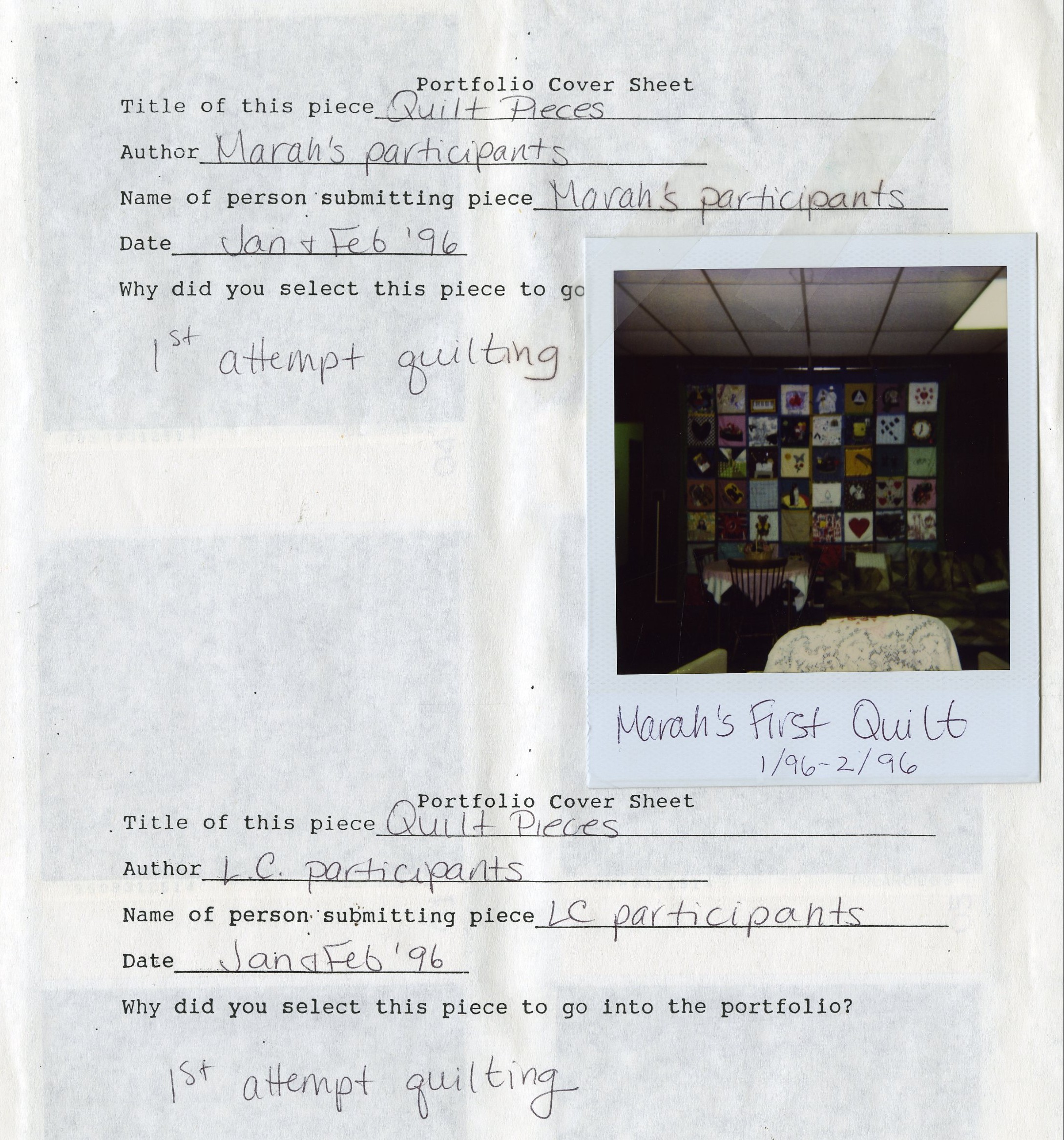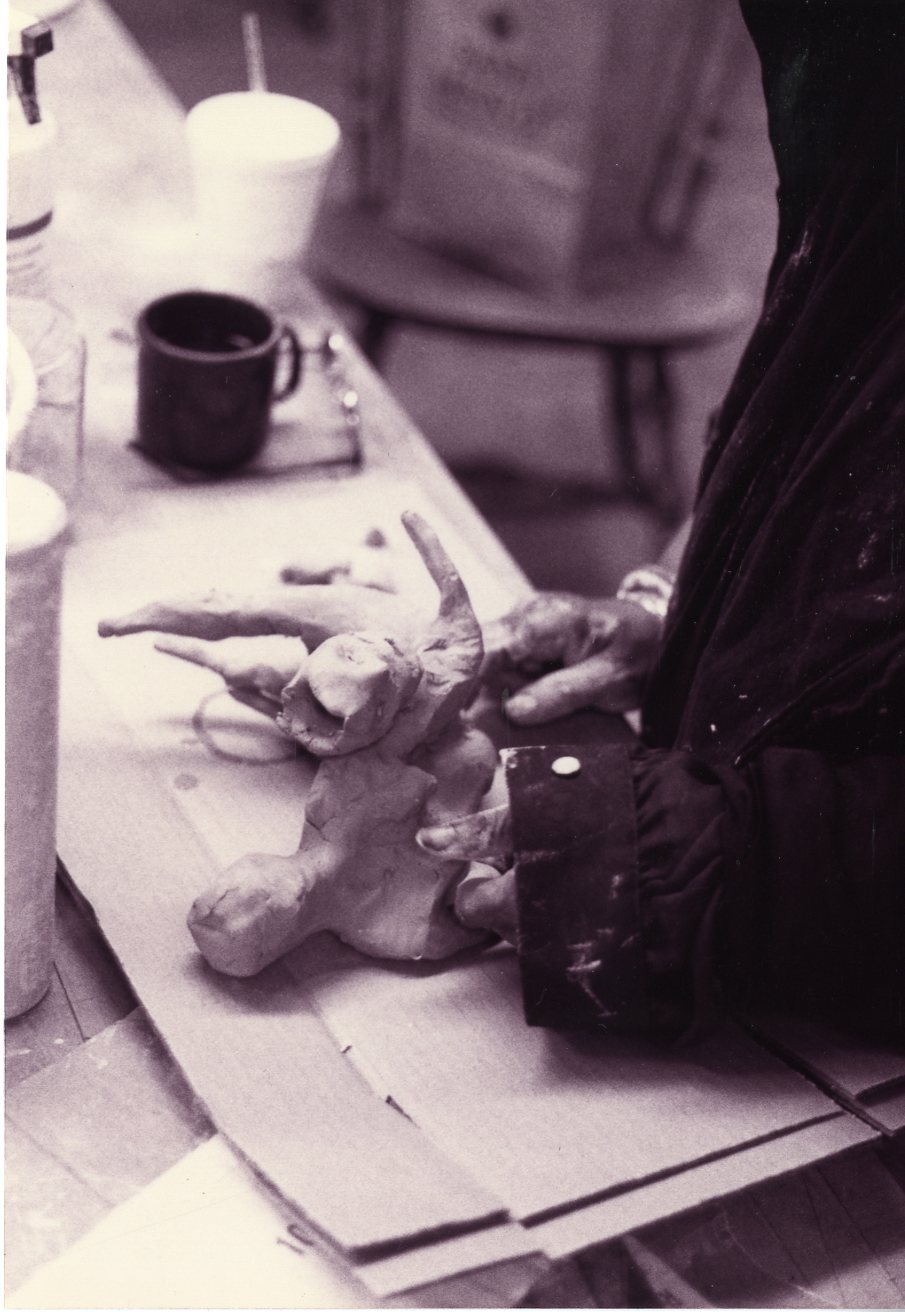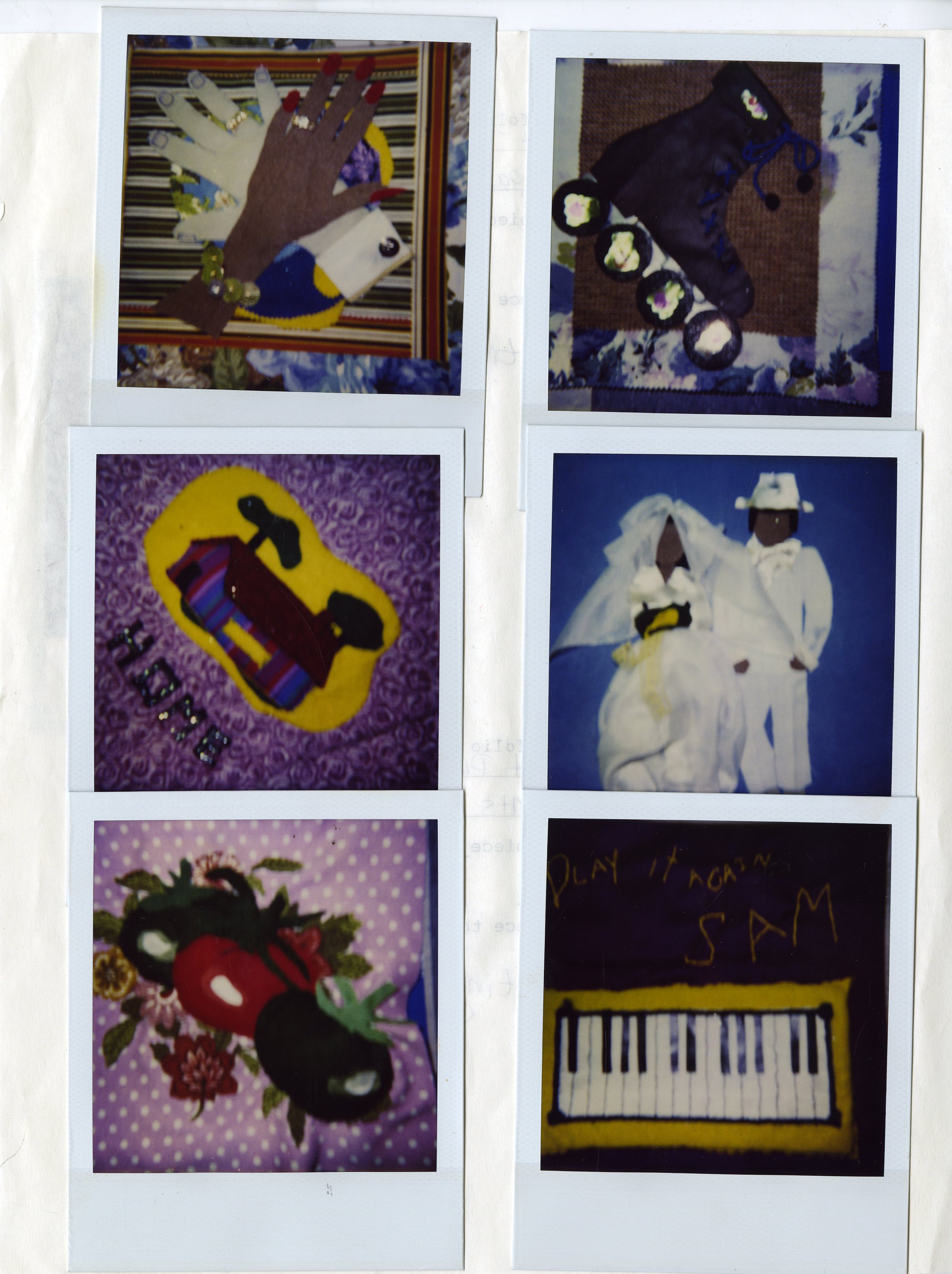Helping the homeless isn’t just about providing a roof and a bed. The Chicago organization Deborah’s Place has understood this since they began providing services to women who were currently or had previously experienced homelessness. Deborah’s Place recognized homelessness as a trauma and the formation of relationships as the road to healing. Beginning as an overnight shelter in 1985, the organization grew to include Irene’s Daytime Program, Marah’s Place transitional housing, and other programs that provided women with basic needs, education, job training, and the support needed to help them gain self-sufficiency and confidence.
The women coming to Deborah’s Place had not only suffered from not having housing, but had also often struggled with domestic violence, sexual assault, addiction, and mental illness. Along with a health services coordinator and case managers who helped each woman on her own individual journey, Irene’s Daytime Program employed a full-time art therapist. Just as showers, laundry facilities, and food provided for the physical health of participants, art therapy and classes became an essential part of caring for the mental health of these homeless women. Deborah’s Place believed these opportunities for socialization, creativity, and self-expression were just as vital to the participants’ well-being.
Several photos of art classes and projects were found in the Deborah’s Place records.

The participants at Marah’s, a transitional housing program, created this quilt together and submitted it in a Deborah’s Place art show.
Along with the health of participants, Deborah’s Place cared for the mental and emotional health of program staff. Employees were provided with opportunities to process the challenges of working with participants on a daily basis. A 1996 annual report from the Clinical Director also acknowledged that several staff members were former participants in the program who would benefit from further support in dealing with the transition in roles.
The records of Deborah’s Place reveal the building of a community based on relationships in which burdens were shared and the physical, emotional, and mental needs of all were met.
This is just one facet of this organization’s inspiring story. To learn more about Deborah’s Place, take a look at the collection’s finding aid here.
Caroline is a Graduate Assistant at the WLA and is working on her Master’s in Public History at Loyola University Chicago. She spends her spare time exploring Chicago, interpreting dreams, and watching cheesy movies with her husband.
Loyola University Chicago’s Women and Leadership Archives Blog is designed to provide a positive environment for the Loyola community to discuss important issues and ideas. Differences of opinion are encouraged. We invite comments in response to posts and ask that you write in a civil and respectful manner. All comments will be screened for tone and content and must include the first and last name of the author and a valid email address. The appearance of comments on the blog does not imply the University’s endorsement or acceptance of views expressed.


